10 Comic Book Series That Broke The Superhero Mold: Part II
Some superhero stories are different, as proven by 10 more comic book series that broke the superhero mold.
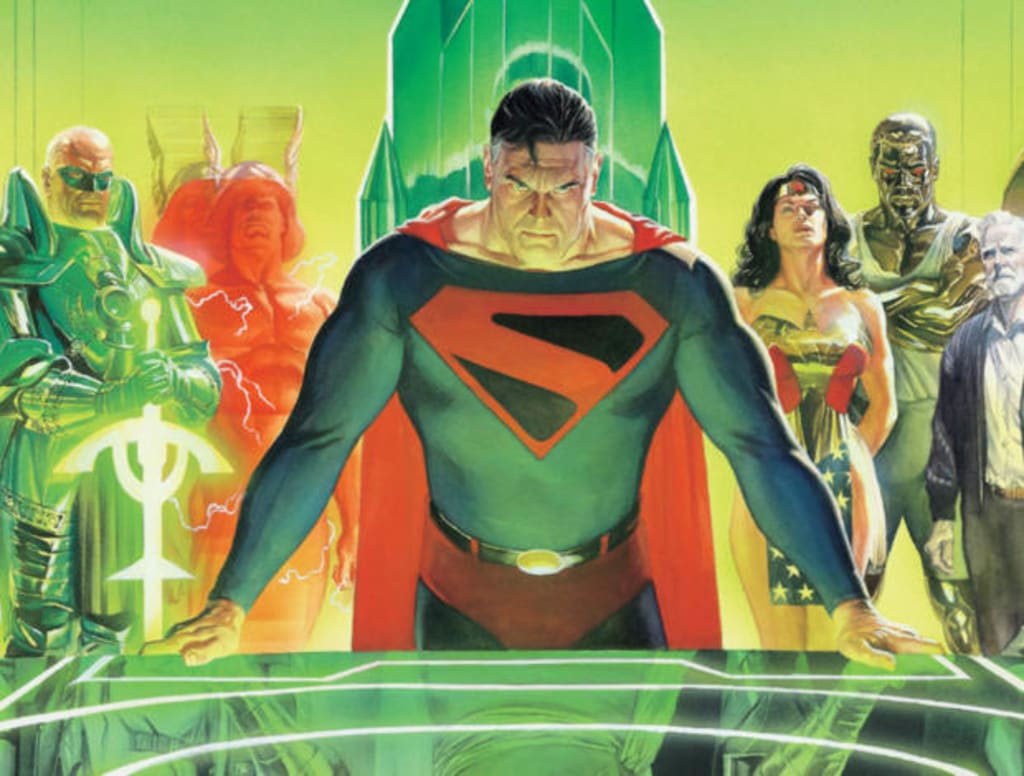
Following on from Part I, to celebrate the release of Captain America: Civil War, which is due in hardly any time at all now (!) I've collected a group of comic books (in no particular or definitive order) which all explore super-heroism in a different way.
Civil War, the series which the movie is based on, didn't rock the comic book medium down to it's core but it was still an interesting discussion about superheroes. Written in a dark and sad time for America, it explored how they would function and their reactions in times that were especially difficult and changeable.
It looked at heroes with a fresh pair of eyes, and to varying degrees, all of these series do the very same thing.
To refresh or catch up on my round-up so far, simply hit the link above.
For the next installment? You don't have to tune in next week...simply scroll down!
5. Kick Ass (2008-2010) – Mark Millar and John Romita Jr

Another of Millar’s comics, it is more widely known though not as sophisticated. Kick Ass is set in a world similar to our own, where there are no superpowers or costumed vigilantes. Therefore teenage comic book fanatic Dave Lizewski decides to become a New York crime fighter and his reckless actions (and hit-and-miss success rate) inspire others to mimic and oppose him.
Kick Ass is not necessarily the most thought provoking comic book on the list, and in its quest to fulfill its realist premise, it goes intentionally yet heavy-handedly into adult territory, opting for an over reliance on coarse language and very heavy Tarantino-esque violence.
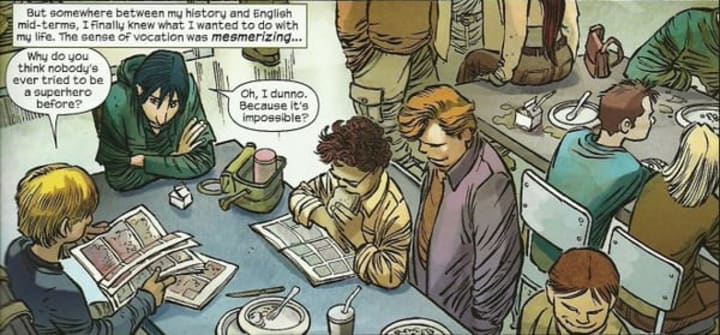
However, through its portrayal of superheroes in “the real world,” there is some perverse fun to be had in seeing a guy dressed in spandex getting beaten up, as well as the darkly disturbing story of the vigilantes Big Daddy and Hit Girl.
Plus, Matthew Vaughn’s 2010 movie adaptation is a lot of fun, and tones down some of the darker, more unsavoury elements.
4. Wanted (2004) – Mark Millar and J. G. Jones

Wesley Gibson (who looks very similar to Eminem) is a bullied, lowly and downtrodden office worker, until he learns that his parentage is anything but ordinary and the way of the world is not as it seems...Wanted is another dark innovation from the Mark Millar, albeit one that is cleverer and more depraved than Kick Ass, even if it lacks the latter's affectionate heart.
It’s a very sensationalist story, but as with much of Millar’s work, there is an undercurrent of black humour which softens the repulsiveness.
Wanted tells a simple yet refreshing inversion of the superhero origin story (oh I forgot to say, Wesley’s world is run by super-villains who have killed and defeated their heroes!) with a peppering of references to Marvel and DC characters alike.
Thinking the title sounds a tad familiar? That’s because it was made into a film back in 2008, and starred James McAvoy and Angelina Jolie, though it replaces the factions of super villains with a secret group of assassins instead.
3. Kingdom Come –Mark Waid & Alex Ross
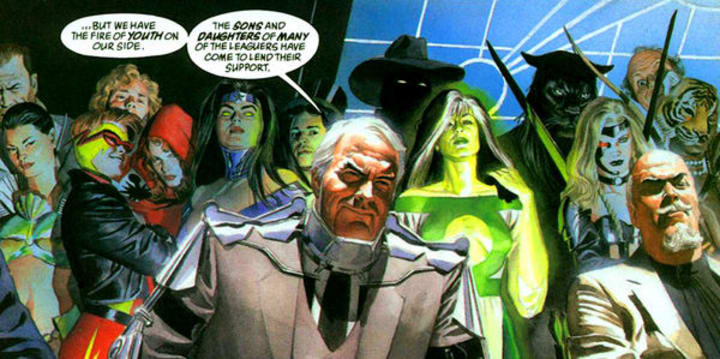
Kingdom Come is one of the strongest examples on this list, and perhaps the most uplifting of these stories. After a ten year absence, in which the descendants of many heroes and villains run amok and cause chaos, Superman returns to right the wrongs that have occurred because of his inactivity.
Following the mystical travels of Pastor Norman McCay, who comes to witness the escalating conflict between metahumans and humans alike, Waid’s fond and perceptive writing is bolstered by Ross’s epic visuals that amplify the majesty of DC’s icons like never before.
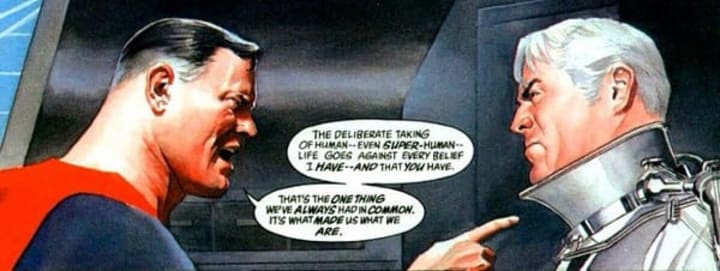
A particular scene towards the end of the work is a sublime character study, in which Batman and Superman confront each other (as seen above). Waid superbly cuts to core of both heroes, and reminds us why they appeal to so many generations despite the contrast of their outlook.
Kingdom Come is a story which thoroughly investigates how traditional morality can withstand impossible situations in a cynical world, as well as analysing why we love these heroes, their appeal, methods and respective senses of justice.
2. Batman: The Dark Knight Returns (1986) – Frank Miller and Klaus Janson
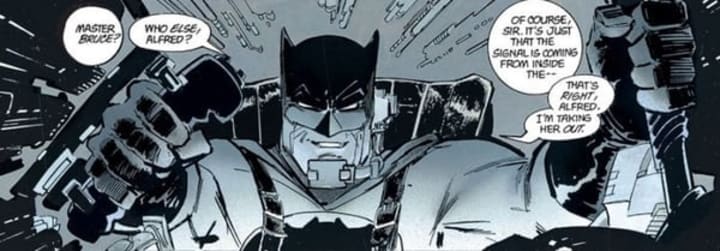
The infamy of this story precedes it, since it has had d a marked effect on the world of Batman ever since it was published. Set in a world where tensions grow between the Soviets and the Americans, an aged Bruce Wayne once again becomes Batman to rid a crime-riddled Gotham of its vice, much to the chagrin of many Gothamites and people in power.
Ignoring its lesser sequel (as well as Frank Miller’s controversial comments) The Dark Knight Returns still stands as a restoration of the darker and grimmer elements of Batman, helping to reclaim him from the campier iteration that Adam West propagated.
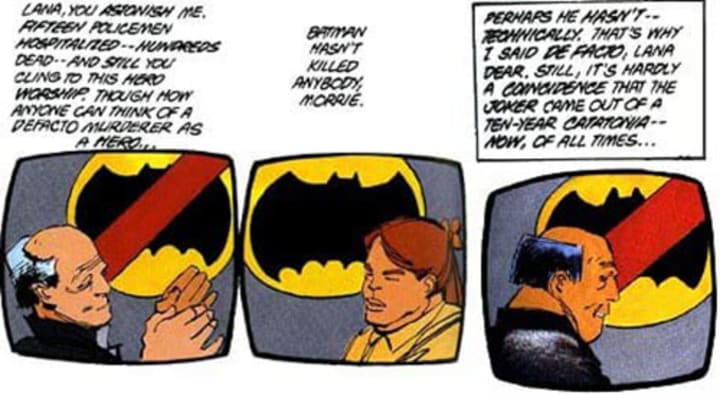
Prior to this point in time, few comics had dared to treat established superheroes so maturely.
Though its structure and artwork can be a little convoluted, Miller fills the story with interesting debates over whether desperate times really do call for more desperate measures, and the comic is a good study of how integral Batman is in channelling the rage and psychological issues of Bruce Wayne.
Reading this today and then watching the many adaptations of Batman, it’s interesting to see just how many times The Dark Knight Returns has been drawn upon to characterise the stubbornness and darkness of his heroism, even if its scornful look at The Cold War dates it somewhat.
1. Watchmen (1986-1987) – Alan Moore and Dave Gibbons
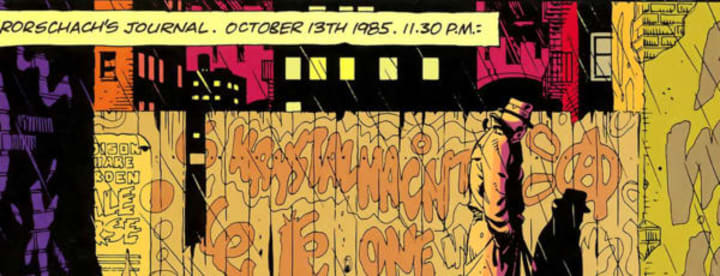
The granddaddy of all superhero deconstruction, and as such it’s a necessary requirement on such a list; after all, it is seen as one of the architects of the so called “Dark Age” of comics, which we are supposedly weathering today.
Set in an alternate 1985, America has previously won The Vietnam War, superheroes exist yet they are outlawed, and conflict brews between Russia and the United States. The Comedian, an old vigilante, is mysteriously murdered, and when others are attacked, the remaining heroes Silk Spectre, Nite Owl and Rorschach must band together to stop a dark conspiracy from engulfing them.
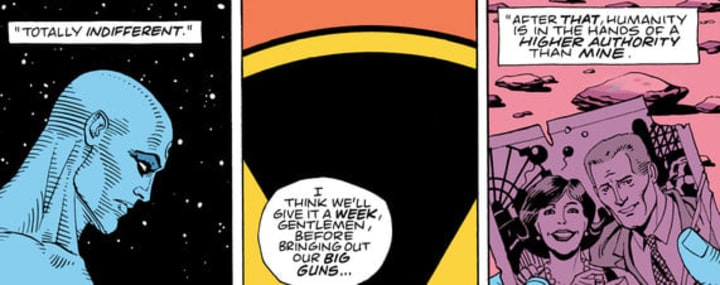
There is much to recommend and discuss in this book. The fictional essays and fascinating intertextuality enriches the world building immensely. The intimate worries and troubles of its characters are tactfully detailed, and all comment on the different types of superhero that are present throughout comics, albeit with a tad more realism (an obsessively vengeful character similar to Batman is warily treated by his comrades due to his psychotic nature).
Watchmen isn’t merely a successful study of heroes; it is an acclaimed piece of science fiction in its own right, commenting on politics, relationships, morality, reality and human nature all in one go.
To newcomers, it is a decidedly dark and deep piece of fiction, which may not live up to the exaltation which is bestowed upon it nowadays, yet Watchmen is undoubtedly an important and compelling point in the history of comic book superheroes.
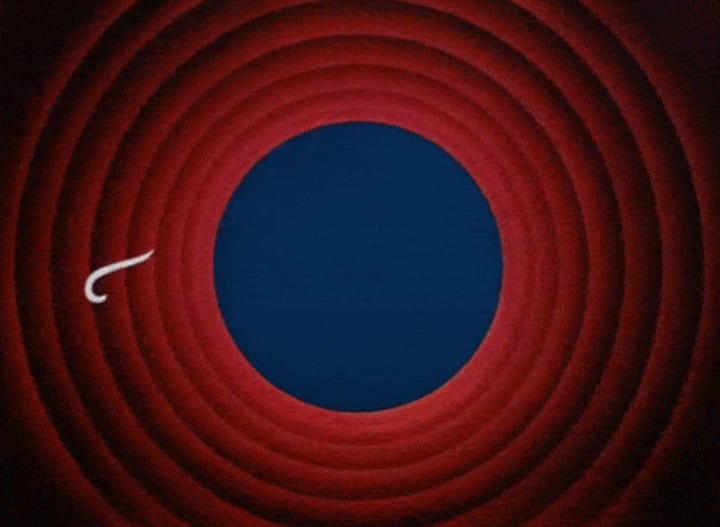
About the Creator
Max Farrow
A fanatical film-watcher, hill-walker, aspiring author, freelance writer and biscuit connoisseur.
These articles first appeared on Movie Pilot between Jan 2016 and Dec 2017. Follow me on Twitter @Farrow91


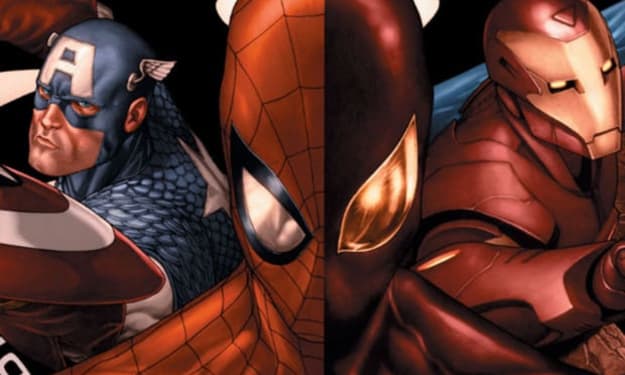

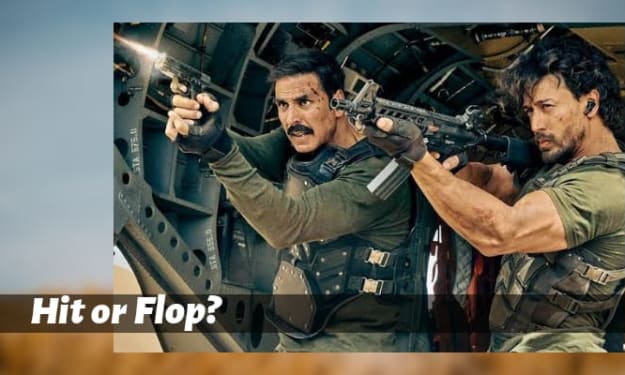

Comments
There are no comments for this story
Be the first to respond and start the conversation.